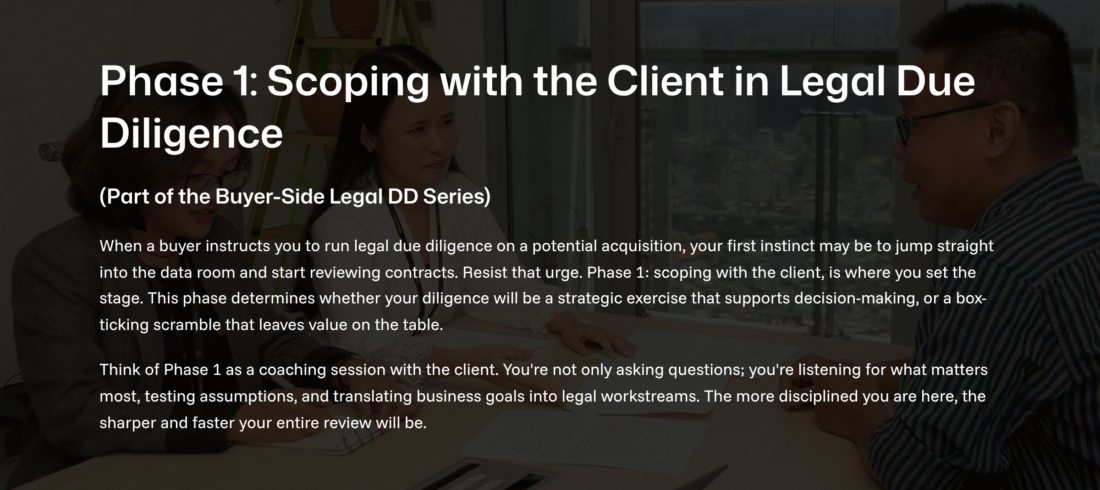To read or download the article, please click the following link
Enforcing intellectual property (IP) rights in Vietnam involves several approaches, including administrative actions, civil court actions, and criminal prosecution. Each method offers distinct advantages and challenges, and the choice of strategy often depends on the specifics of the infringement and the desired outcome.
Administrative Actions
Administrative actions are a popular and effective method for enforcing IP rights in Vietnam. They are typically faster and less costly than civil litigation. The primary agencies involved in administrative enforcement are the Inspectorate of the Ministry of Science and Technology (MoST), the Market Surveillance Agency, the Economic Police, and the People’s Committees at various levels.
- Inspection and Seizure: IP holders can request these agencies to conduct inspections and seize counterfeit goods. This process is usually prompt, taking from a few weeks to a few months.
- Penalties: Administrative bodies can impose fines, confiscate goods, and issue cease-and-desist orders against infringers. For example, the Market Surveillance Agency frequently handles cases involving counterfeit consumer goods, ensuring quick removal of these products from the market.
- Public Awareness: Administrative actions also help raise public awareness about IP rights and the consequences of infringement, thereby deterring future violations.
Civil Court Actions
Civil litigation is another avenue for enforcing IP rights, though it is generally more time-consuming and expensive compared to administrative measures. However, it offers the potential for substantial compensation and more comprehensive legal remedies.
- Legal Framework: Civil court cases are governed by the Law on Intellectual Property and the Civil Procedure Code. Plaintiffs can seek injunctions, monetary damages, and orders to cease infringing activities.
- Duration and Complexity: Civil cases can take 18-24 months for a first-instance decision and over a year for an appeal. While summary proceedings exist, they are rarely used for IP cases due to their complexity.
- Specialized Courts: There are ongoing discussions about establishing specialized IP courts in Vietnam, which could streamline the process and improve the handling of complex IP disputes.
Criminal Prosecution
In cases of severe infringement, such as large-scale counterfeiting or piracy, criminal prosecution can be an effective deterrent. The Penal Code of Vietnam includes provisions for criminal penalties against IP infringers.
- Investigation and Prosecution: Criminal IP cases are investigated by the Economic Police and prosecuted by the People’s Procuracy. Offenders can face significant fines and imprisonment.
- Severity of Penalties: The penalties for criminal IP infringement are severe, with imprisonment terms ranging from six months to several years, depending on the scale and impact of the infringement.
- Deterrent Effect: The threat of criminal prosecution serves as a strong deterrent against serious IP violations and sends a clear message about the seriousness of IP crimes in Vietnam.
Challenges and Future Directions
While Vietnam has made significant strides in IP enforcement, challenges remain. These include limited resources and expertise in handling complex IP cases, particularly in the judiciary. The establishment of specialized IP courts, as proposed in recent legislative drafts, could enhance the efficiency and effectiveness of IP enforcement.
Additionally, Vietnam’s participation in new-generation Free Trade Agreements (FTAs) with high standards of IP protection is expected to further strengthen the IP enforcement landscape. These agreements provide broader and more accessible protection, transparent procedures, and stricter penalties for violations, thus fostering a more robust IP environment.
In conclusion, enforcing IP rights in Vietnam involves a multi-faceted approach, utilizing administrative actions, civil litigation, and criminal prosecution. Each method has its advantages and challenges, and the choice depends on the specific circumstances of the infringement. As Vietnam continues to integrate into the global economy and improve its legal framework, IP enforcement is likely to become more effective, benefiting both domestic and international IP holders.







